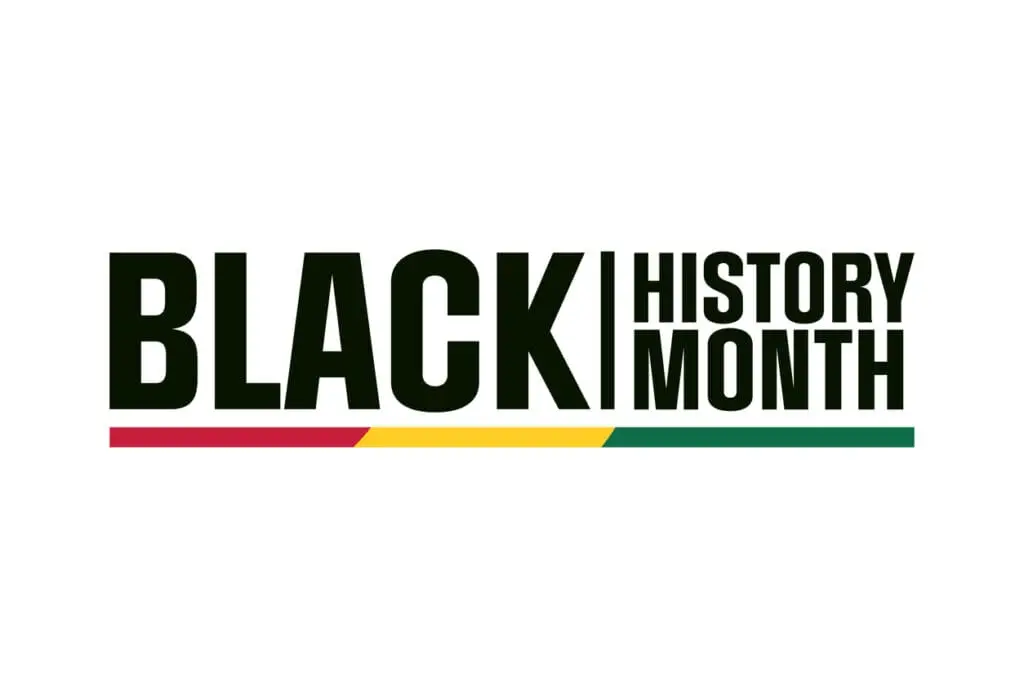February is Black History Month, a time to honor the immense contributions of Black Americans throughout history and acknowledge their ongoing fight for equality and justice. This year, let’s also shine a light on a crucial aspect of well-being often overlooked: mental health within the Black community.
The journey of Black Americans is woven with stories of resilience, overcoming adversity, and forging paths toward progress. Yet, this journey hasn’t been easy. Systemic racism, discrimination, and microaggressions take a toll on mental health, creating unique challenges for Black individuals.
Here’s where counseling comes in, not as a sign of weakness, but as a powerful tool for healing and growth.
Why Counseling Matters for Black Communities:
- Culturally competent therapists: Finding a therapist who understands the nuances of Black culture and lived experiences creates a safe space for open and honest communication, fostering trust and a deeper connection.
- Addressing specific challenges: Therapists can support individuals navigate issues like racial trauma, microaggressions, and identity exploration, providing tools and strategies for coping and thriving.
- Strengthening self-worth: Counseling empowers individuals to challenge negative societal narratives and cultivate a sense of self-acceptance and pride in their identity.
- Building community: Many counseling centers and organizations offer specific support groups and resources tailored to the needs of Black communities, fostering a sense of belonging and shared understanding.
Celebrating Black mental health champions:
Black History Month offers an opportunity to uplift the voices of trailblazers in the mental health field. Figures like Dr. Barbara Lee, Dr. Cheryl Matias, and Dr. Joseph White paved the way for culturally competent care and advocated for mental health equity.
Taking Action:
- Seek support: If you’re considering counseling, do your research and find a therapist who resonates with you. Many offer online options for greater accessibility.
- Educate yourself: Learn about the history of mental health disparities in the Black community and advocate for increased access to culturally competent care.
- Amplify Black voices: Support Black therapists, counselors, and mental health organizations. Share their stories and resources with your network.
Remember, prioritizing mental health is not a burden, but a powerful act of self-care and self-love. Let’s use Black History Month as a springboard to break down stigma, celebrate resilience, and embrace mental wellness for all.
Together, we can build a future where mental health is accessible, inclusive, and empowering for everyone, regardless of race or background.







